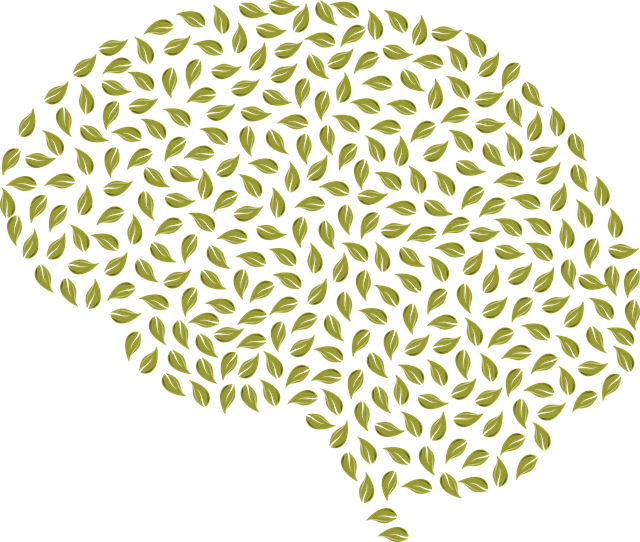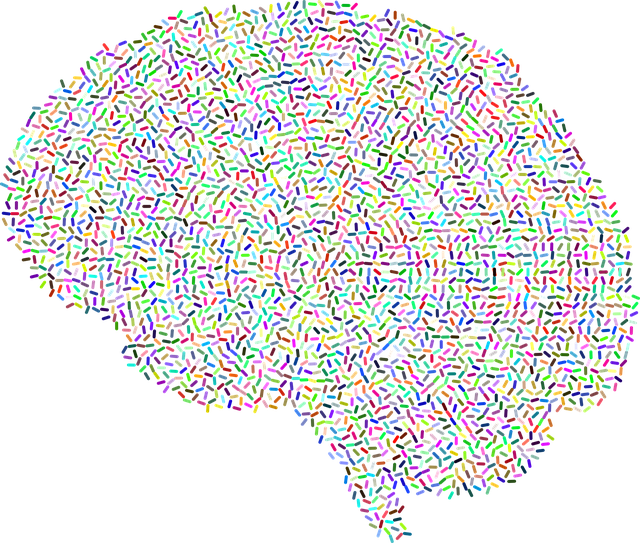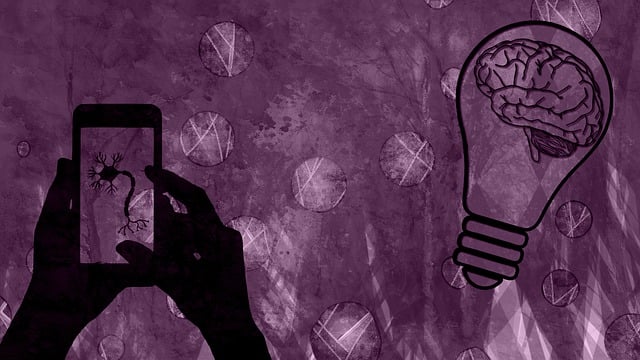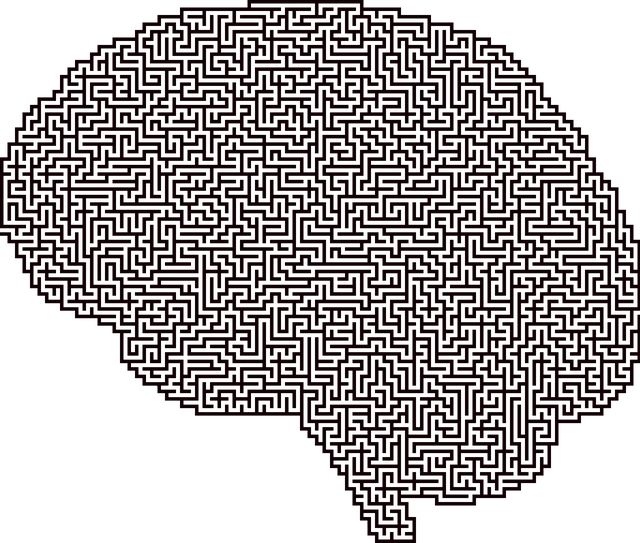Golden Dissociative Disorder Therapy (GDDT) offers a revolutionary approach to managing complex conditions like GDD, focusing on holistic self-care practices. By integrating mindfulness, meditation, and emotional expression tools, this therapy aids in trauma healing, stress reduction, and mood management. Regular tracking of well-being and setting tailored goals, aligned with GDDT principles, ensures self-care regimens remain effective and stigma-reducing. Cultural sensitivity in mental healthcare, achieved through provider training, is vital for diverse populations to create inclusive environments that strengthen client-self-care connections.
Self-care is a vital practice for enhancing mental well-being and overall quality of life. This article delves into the transformative power of self-care, focusing on understanding its foundational importance and exploring innovative approaches like Golden Dissociative Disorder Therapy (GDDT).
We’ll guide you through integrating GDDT into your daily routines and provide practical tips for tracking progress, ensuring a personalized journey towards improved self-care practices.
- Understanding Self-Care and Its Benefits
- Exploring Golden Dissociative Disorder Therapy (GDDT)
- Integrating GDDT into Daily Self-Care Routines
- Tracking Progress and Adjusting Your Practice
Understanding Self-Care and Its Benefits

Self-care is a crucial aspect of maintaining both physical and mental well-being. It involves intentional activities that nurture and replenish one’s energy, reducing stress and promoting overall health. For individuals dealing with complex conditions like Golden Dissociative Disorder (GDD), self-care becomes an essential tool for managing symptoms and enhancing quality of life. GDD Therapy encourages a holistic approach to healing, emphasizing the significance of taking time for oneself.
Engaging in regular self-care practices can significantly improve emotional intelligence, enabling better mood management. By prioritizing personal needs, individuals can boost their self-esteem and develop healthier coping mechanisms. This proactive approach not only helps in navigating the challenges of GDD but also fosters resilience and a deeper sense of self-awareness, ultimately contributing to improved mental health outcomes.
Exploring Golden Dissociative Disorder Therapy (GDDT)

Golden Dissociative Disorder Therapy (GDDT) offers a unique and innovative approach to managing mental health challenges, particularly those related to dissociation. This therapeutic method focuses on helping individuals reconnect with their inner self and develop a profound sense of self-care. By exploring different aspects of consciousness, GDDT provides a safe space for clients to navigate through traumatic experiences and emotional disconnection. Through this process, individuals can learn effective stress reduction methods and gain valuable crisis intervention guidance.
The therapy encourages the development of a consistent self-care routine, fostering better mental health outcomes. By integrating various techniques, such as mindfulness exercises, meditation, and emotional expression tools, GDDT empowers clients to take charge of their well-being. This holistic approach not only addresses symptoms but also promotes long-lasting resilience, allowing individuals to lead more fulfilling lives while nurturing their mental health.
Integrating GDDT into Daily Self-Care Routines

Integrating Golden Dissociative Disorder Therapy (GDDT) into daily self-care routines can significantly enhance emotional healing processes. This therapeutic approach, which has gained recognition for its effectiveness in addressing complex trauma and dissociation, offers a range of techniques tailored to support individuals in managing their mental health. By incorporating GDDT practices, such as mindfulness exercises and internal communication strategies, individuals can develop a deeper understanding of their emotions and improve their ability to regulate them.
Cultural sensitivity in mental healthcare practice plays a pivotal role in the success of integrating GDDT. Healthcare provider cultural competency training equips professionals with the knowledge and skills to create safe, inclusive environments for all clients. This is particularly important when working with diverse populations, as it ensures that the emotional healing processes are respectful, relevant, and accessible to everyone, fostering a stronger connection between the client and their self-care journey.
Tracking Progress and Adjusting Your Practice

Tracking your progress is a vital component of improving self-care practices, especially when navigating mental health challenges like Dissociative Disorder. By regularly assessing your well-being, you can identify areas that require adjustment in your therapeutic journey. This involves setting specific and achievable goals aligned with Golden Dissociative Disorder Therapy principles. For instance, if one of your objectives is to enhance self-esteem, track activities that foster positive self-talk and their impact over time.
Adjusting your self-care practice might include reevaluating the frequency and type of therapy sessions, exploring new coping mechanisms, or integrating mental health education programs designed to reduce stigma and promote understanding. This iterative process empowers you to make informed decisions, ensuring your self-care regimen remains tailored to your unique needs. Remember, progress is not linear, and flexibility is key in overcoming mental illness while fostering self-esteem improvement.
Self-care is a journey, and through practices like Golden Dissociative Disorder Therapy (GDDT), individuals can unlock profound benefits. By integrating GDDT into daily routines, one gains better emotional regulation and enhances overall well-being. Tracking progress is key to understanding what works best for each person. This personalized approach allows for adjustments, ensuring self-care remains an effective tool for navigating life’s challenges. Embrace the transformation that GDDT can bring, leading to a more balanced and fulfilling life.














